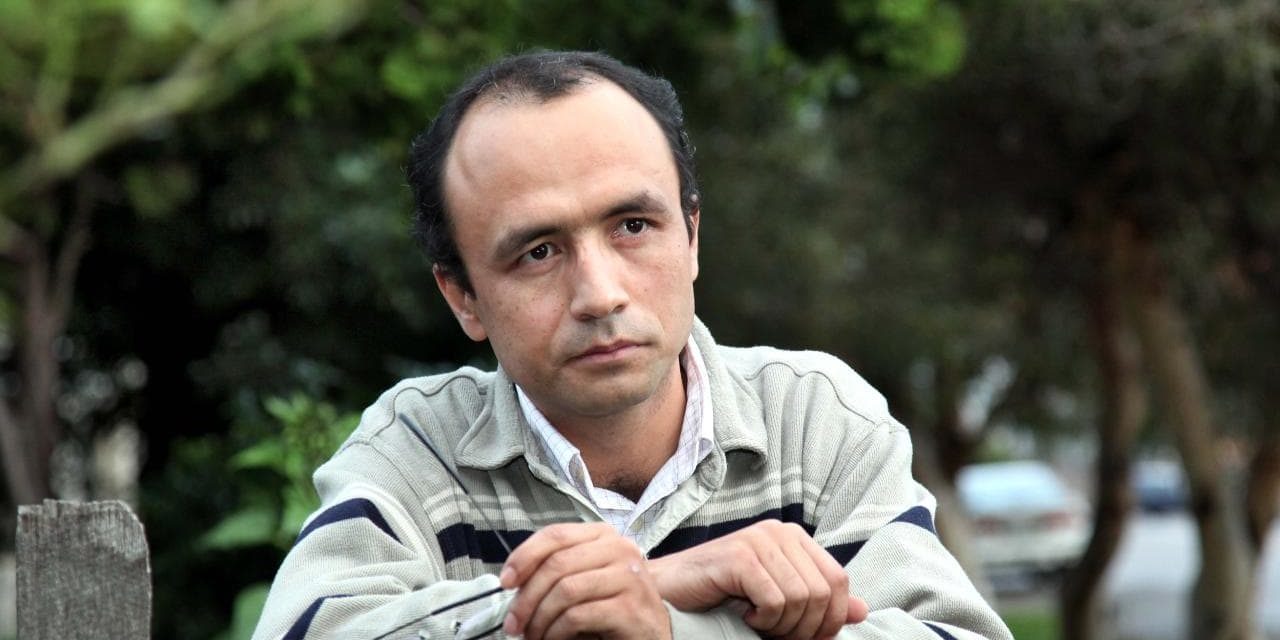The Weekend Australian can reveal a Chinese minister produced the list during a private lunch in Beijing with the security agency chief in late 2016.
Beijing has previously released names of officials or businesspeople they want to return from Australia to China to face charges, but those hitlists have been contained to about 10 targets.
There has been long-held suspicion China’s Operation Fox Hunt target lists were incomplete or inaccurate — for example, they have not included very senior officials such as Gao Yan, a former party secretary of Yunnan province who is believed to be living in Australia.
The Weekend Australian understands the Chinese minister also pushed the security official to help facilitate the handover of ethnic Uighur Chinese citizens in Australian immigration detention, a source with knowledge of the matter said.

An unknown number of Uighur Muslims are being detained at “political re-education” camps in northwestern China and the ethnic group lives under increasingly sophisticated surveillance in Xinjiang (East Turkistan) province.
Mamtimin Ala, president of the Australian Uighur Association, told The Weekend Australian that many ethnically Uighur people in Australia live in fear and most have families going through “unspeakable trauma”.
While Chinese officials did not hand over the list, the Australian official saw five to 10 individuals a page, with names of those China believed to be in Australia highlighted with an asterisk.
The source told The Weekend Australian “no one other than (China’s) Ministry of State Security has the full list of fugitives” because China does not want Australia tracking contact between Beijing’s agents and those they want to convince to return.
In September, the Australian Federal Police signed a new deal with Beijing’s public security agency governing how Chinese police can pursue its nationals accused of crimes who are living in Australia.
The deal came after incidents where Chinese police travelled to Australian cities without knowledge of the AFP to “persuade” suspects to return to China.
Australia protested against these incidents via diplomatic channels.
Australian officials say it is difficult to monitor MSS agents coming into Australia as it is hard to distinguish between an agent and a tourist.
Beijing has previously revealed the identities of some fugitives and asked Australian authorities to assist in tracking them down.
A request for assistance was made to the Australian agency head during a second dinner meeting with a high-ranking Chinese official at the end of 2015. The official also tried to gain a commitment from the senior Australian official to return two Uighur Chinese nationals in immigration detention. The source said China saw the men as “easy pickings” as Australia was on shaky legal ground in keeping them in detention.
Chen Yonglin, who defected from the Chinese consulate in Sydney in 2005, said he also believed the list was longer than those published by China’s Central Anti-Corruption Co-ordination Group.
“The Fox Hunt is not a very small number. They put these people on the list because they know these people are very likely to be taken back to China, so as to show they are very efficient — these people are generally small pawns,” he told The Weekend Australian.
“Internally, they have another huge list, all these officials.”
Mr Ala said he was not in contact with Uighurs in immigration detention but knew some who had secured humanitarian visas. He said, however, that many still felt afraid as they had family in China and “almost all would have a relative in a detention centre”.
“They are so scared to tell their stories to the media. That’s our dilemma, in the sense that this tragedy should be spoken out about for the world to know as soon as possible the gravity of this issue at the deeper level,” he told The Weekend Australian.
Mr Ala said one Australian citizen of Uighur ethnicity was recently detained in Xinjiang (East Turkistan) province for about a month on a trip back to China to visit family.
DFAT confirmed it had “provided consular assistance to an Australian man detained entering China at Chengdu airport in August 2017”.
“Our assistance included a number of representations with Chinese officials in order to gain consular access. Consular officials began these representations within 24 hours of being notified of the situation by his next of kin.”
As part of a major policy initiative under President Xi Jinping, Chinese security agencies have cast a global net to pursue hundreds of corruption suspects. In 2015, 10 of the government’s highest priority targets were identified as residing in Australia; many have returned to China under pressure from Beijing.
After an internal political fight last year, the Coalition delayed ratifying an extradition treaty with China, which has been signed but is not yet in force.







